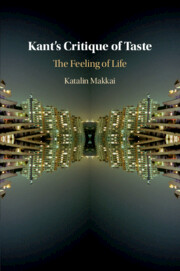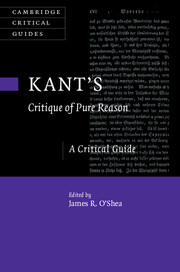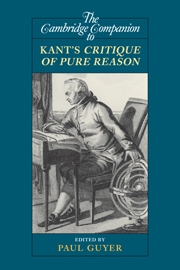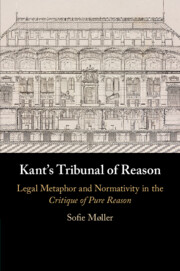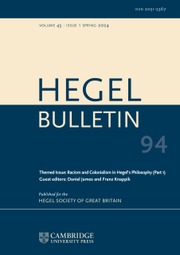Kant's Critique of Taste
Immanuel Kant's Critique of Judgment is widely recognized as a founding document of modern aesthetics, but its legacy has fallen into disrepute. In this book Katalin Makkai calls for the rediscovery of Kant's aesthetics, showing that its centerpiece, his investigation of the judgment of taste, paints a compelling portrait of our relationships with works of art that we love. At its heart is a scene of aesthetic encounter in which one feels oneself to be 'animated' - brought to life - by an object, finding there to be something in one's experience of it, beyond what there is to know about it, that one wants to explore and articulate. Tracing Kant's insight that to judge is to reveal one's sense of what bears judging, and hence of what matters, Makkai situates Kant's aesthetics within his larger study, begun in the first Critique, of judgment's fundamental role in the life of the mind.
- Offers an in-depth study that pays close attention to Kant's texts, including their original German
- Shows the relevance of Kant's work for contemporary aesthetics and art theory
- Engages with both the continental and the analytic philosophical traditions
Product details
November 2022Paperback
9781108708777
217 pages
228 × 151 × 12 mm
0.33kg
16 b/w illus.
Available
Table of Contents
- Introduction: a twofold peculiarity
- 1. The art of judgment
- 2. Communication and animation in the judgment of taste
- 3. Subjectivity and recognition in the judgment of taste
- 4. Modes of attunement
- 5. Aesthetic liking.

